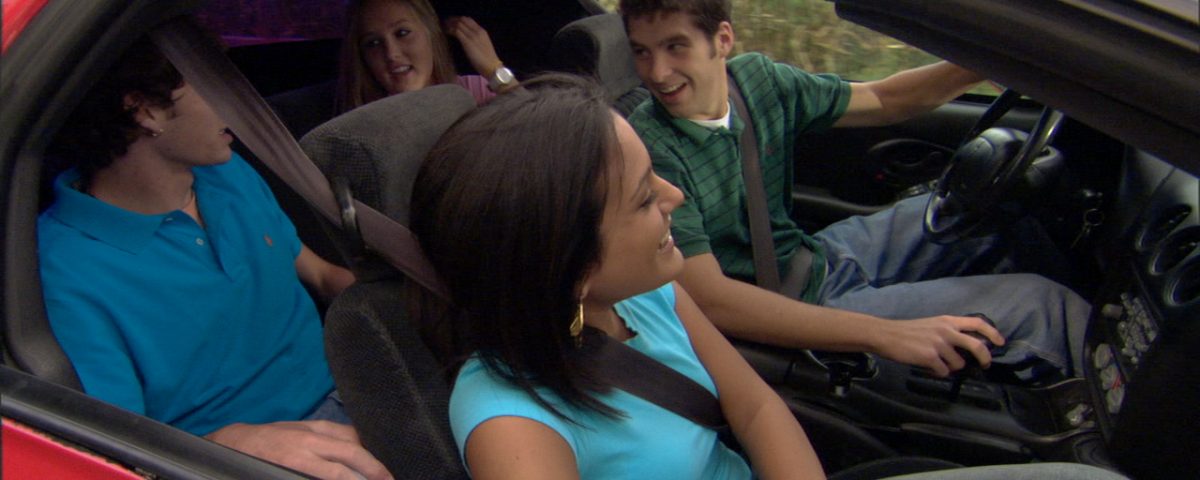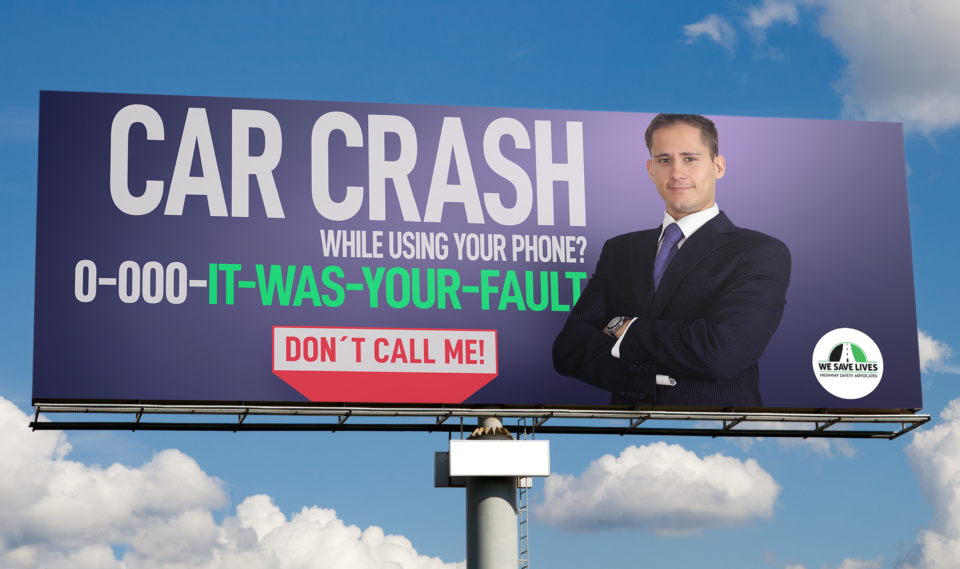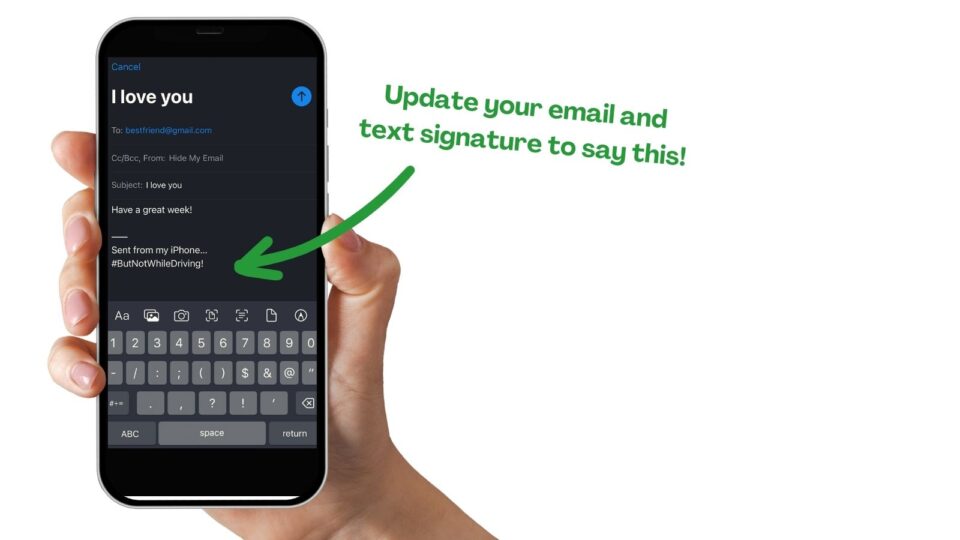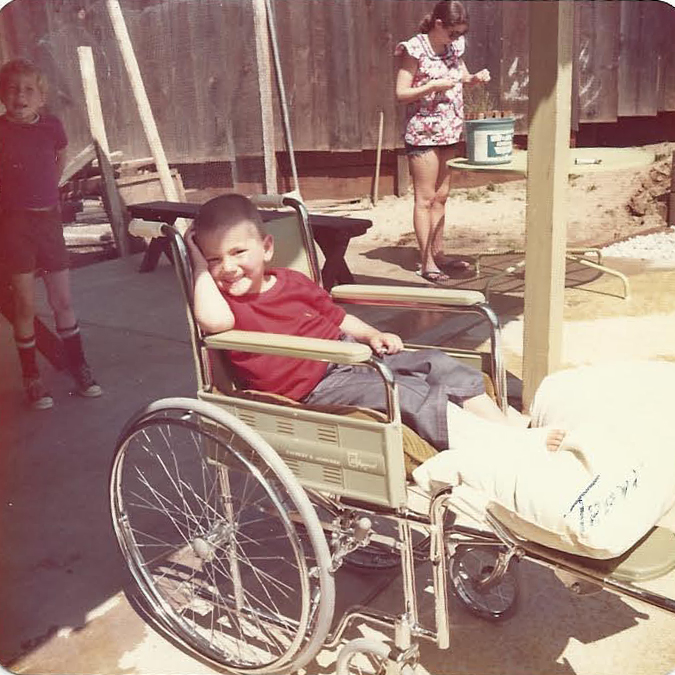- WE SAVE LIVES
- info@wesavelives.org
100 Deadliest Days of Summer

THC per se laws don’t work and are not needed: There’s a better way
March 16, 2023
GRADUATED DRIVER LICENSING (GDL)
September 19, 2016How to Keep Our Teens Safe
Another summer is upon us and as we make plans for vacations and summer fun, we would like to remind parents and guardians that we are entering the “100 Deadliest Days of Summer.” This may be the time to relax and plan for summer fun but IT IS NOT the time to relax while driving, especially for your teens. Just look at some of the facts:
- Motor vehicle crashes are the leading cause of death for teens.
- Teens between the ages of 16 and 19 have the highest crash rate of any age group.
- 60% of teen crashes today are caused by distracted driving.
- Surprisingly, the top distraction for teens is other passengers, accounting for 15% of teen driver crashes, compared to 12 % caused by texting or talking on a cell phone.
- During 2020 about 8 teens died each day and hundreds more were injured in motor vehicle crashes.
- 44% of motor vehicle crash deaths among teens ages 13–19 occurred between 9 pm and 6 am, and 50% occurred on Friday, Saturday, or Sunday in 2020.2
- Among teen drivers and passengers 16–19 years of age who were killed in car crashes in 2020, 56% were not wearing a seat belt at the time of the crash.
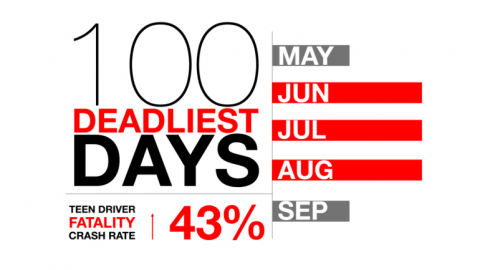
What does this mean for parents as we watch our young people load up the car and drive off to their destination? It means we must remain vigilant and ensure that we have provided our teens with every safety tip known to man, woman and then some.
Sometimes, it takes a little extra courage to remind our independence-seeking teens that too many passengers are dangerous, that their cell phone should be turned off while driving, that other distractions can be just as deadly, and that impaired driving is not only dangerous; it is a crime that can result in truly life-altering consequences.

Getting arrested for driving drugged or drinking can ruin the potential for a college education, a good job, and increase our insurance, not to mention the fine, lawyer’s fees, etc. There are some practical things to consider here that we often forget in our hurry to allow our young people to explore, experiment, and have fun.
Parents remember these tips to give your child the best chance at staying alive during the 100 Deadliest Days of Summer (and always):
Never serve alcohol or other drugs at parties. Not only is it dangerous, but in some states, parents can be held liable for underage drinking if a party-goer crashes on the way home.
Lead by example by eliminating distractions behind the wheel and always driving sober. According to the National Safety Council, a recent survey reported that 91 percent of parents who use their cell phones do it in front of their teens knowing that they are “one of their teens’ primary driving teachers.”
Urge your teen to call you if they are ever in a potentially bad driving situation. Let them know you will pick them up without repercussions, no questions asked. If your child is afraid, they’ll “get in trouble” if you were to see them under the influence, wouldn’t they be more likely to drive impaired, or get in a car with someone who is?
If your teen is learning to drive, practice with them frequently, be patient and positive, and always demonstrate safe driving habits when you drive. They will follow your example. Consider employing a professional for this often high-stress rite of passage.
Ask them to add #BUTNOTWHILEDRIVING to their mobile device signature and teach them how to use Focus or Do Not Disturb.
Ask them to keep you informed of where they are going, with whom and to call you if their plans change. It can save a lot of grief and worry.
Empower them to show courage and decline a ride from a friend who has been drinking, taking drugs, or tends to drive distracted. Saying “no thanks” may make the difference between life and death. Encourage them to take care of their own passengers and promise to keep them safe.
Encourage them to sign the Courage to Intervene promise.
And of course, talk early and often about speed limits, seatbelts, basic highway safety laws and tips on what to do if a tire goes flat, how to safely pull over in an emergency, etc.
Unfortunately, our young drivers are more likely to underestimate dangerous situations or not recognize potentially hazardous situations than we older drivers. Life is too precious to waste it on a cell phone conversation or a drink or using drugs before driving.
Your teen has so much to live for. Following these tips can help your family have a safer summer, so you can see them meet their full potential, instead of an early grave.
Because we care . . .

Candace Lightner
President of WeSaveLives.org
founder of MADD
Resources: We Save Lives, Triple AAA, National Safety Council and CDC (Centers for Disease Control and Prevention), Foundation for Advancing Alcohol Responsibility, (FAARS)

